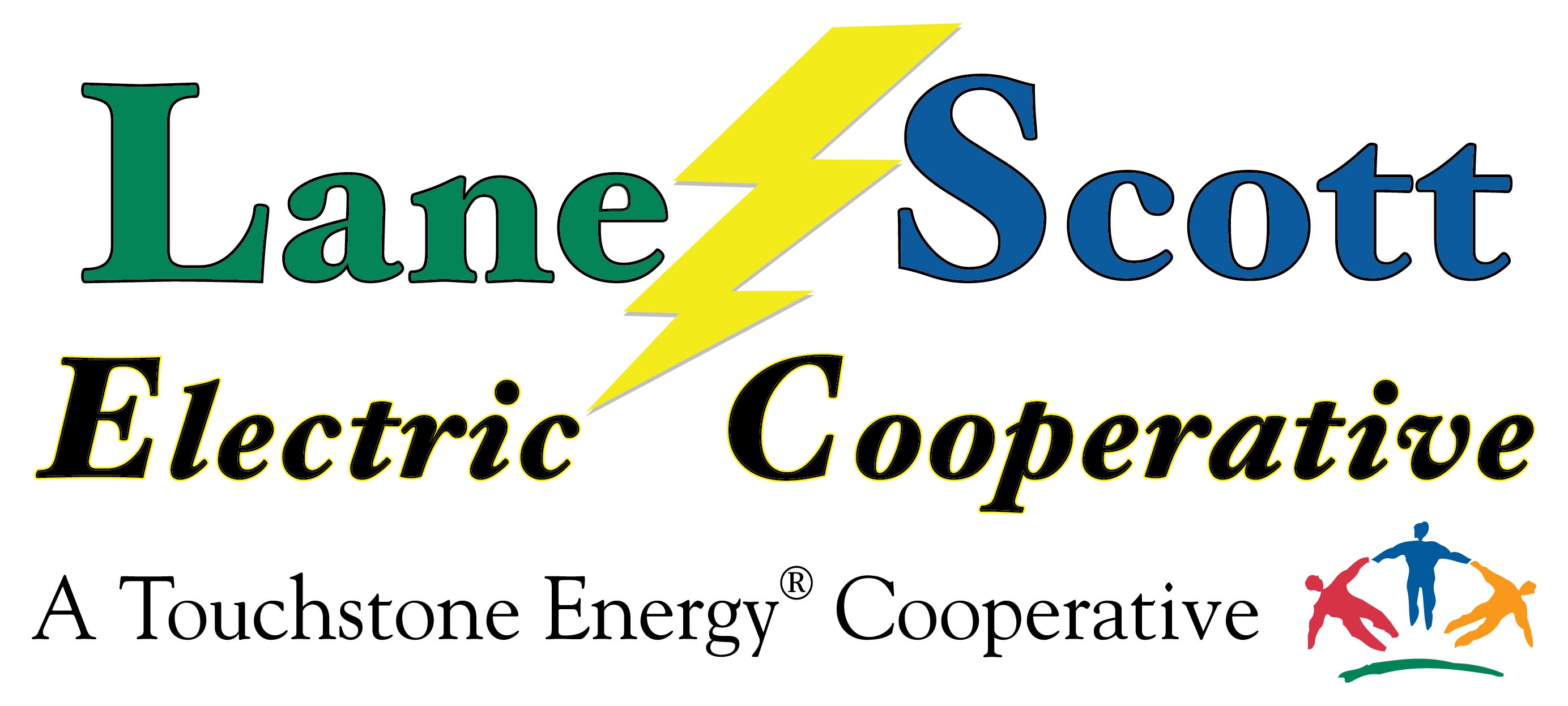We have been notified by several members and by neighboring electric cooperatives of a utility phone scam. The scammers are identifying themselves as employees asking for payment over the phone. We've heard that some calls are automated and some are actual people. Both are threatening disconnection if payment is not made immediately over the phone.
Lane-Scott Electric DOES have an automated system that notifies you of a past due payment. HOWEVER, it DOES NOT ask for payment over the phone. We also send a courtesy letter for past due amounts.
If you receive one of these calls, hang-up and contact us directly by calling 620-397-5327 or 800-407-2217. (Do not hit redial) Never give anyone who contacts you your credit card, debit card, or bank information.
Here are some helpful tips from the Federal Trade Commission (FTC) to help protect yourself against scammers who are out to get your money.
Warning Signs:
- If you know you already paid, stop. Even if the caller insists you have a past due bill. That's a big red flag.
- Never give out your banking information by email or phone. Utility companies do not demand banking information by email or phone. And they won't force you to pay by phone as your only option.
- Did the caller demand payment by gift card, cash reload, card, wiring money or crytocurrency? Don't do it! Legitimate companies don't demand one specific method of payment. And they don't generally accept gift cards (like iTunes or Amazon), cash reload cards (like MoneyPak, Vanilla, or Reloadit), or cryptocurrency (like bitcoin).
What Should You Do Instead?
- Concerned your bill is past due? Contact our office directly using the number on your bill (620-397-5327 or 800-407-2217) or through the contact us tab on the home page of this website.
- Never give banking information over the phone unless you place the call to a number you know is legitimate.
- Tell the FTC. Reports help government agencies fight scams. Also report it to us so we can alert others of the scam, and report it to the local authorities.
- If you already paid the scammer, notify your bank or financial institution. There may be options to get your money back. Even if you don't get your money back, it's important to tell them about the scam so they are aware and can alert other customers of the rise in scam calls.
If you have any questions or concerns please give us a call, we're happy to help as best as we can.
